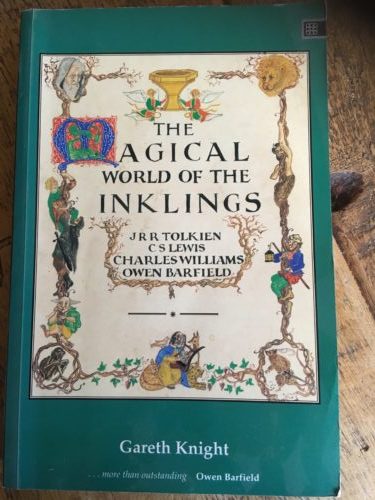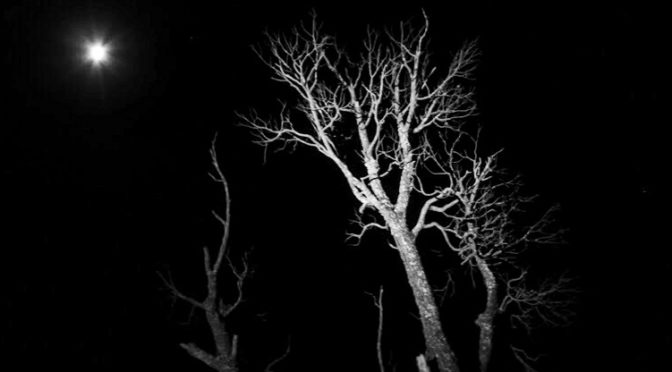I will not treat your dusty path and flat,
denoting this and that by this and that,
your world immutable wherein no part
the little maker has with maker’s art.
I bow not yet before the Iron Crown,
nor cast my own small golden sceptre down.Tolkien – Mythopoeia
I can remember the first time I discovered my favourite word, over twenty years ago.
I had never heard of it before. It was like a spell and a word that I have revisited in wonder, trying to understand it.
mythopoeia
I didn’t discover this word in a place that made me feel connected to something else.
It wasn’t when I was standing in the ancient forest of Broceliande.
Or The Old Library in Trinity College.
Or when a gilt title of a book glinted out of the corner of my eye in a bookshop in Edinburgh’s Old Town.
Or among the stones of the Ring of Brodgar on the Orkneys .
Or in a thunderstorm at the tomb of Newgrange in Ireland.
Or when a dragonfly landed on my hand, when I had just asked it to.
Or the moment in the Lauterbrunnen Valley in Switzerland when I realised I had come to in Rivendell-on-earth.
Not even in the dawn, as the sun rose on the raw red rock face of the rugged outback landscape that I was born surrounded by.
No. It was in an unexordinary discount city-centre bookshop in the city of Adelaide, rummaging through the sale bin.
There, I found a book. Just one copy. In 1998.
A word jumped out at me
mythopoeia
 The book was The Magical World of the Inklings by Gareth Knight, about J RR Tolkien, C S Lewis, Charles Williams and Owen Barfield written in 1990.
The book was The Magical World of the Inklings by Gareth Knight, about J RR Tolkien, C S Lewis, Charles Williams and Owen Barfield written in 1990.
The preface is titled On Mythopoeia and Magic.
Mythopoeia as I first understood it, standing in that bookshop, is a word that Gareth Knight equates to the word magical in the introduction.
Writers who were “capable of creating a ‘magical world’…a way of evoking the creative imagination of the reader to participate through story and landscape and characters in a deeper level of truth or reality.” (p.4 Gareth Knight)
This treasured book helped me understand the deep power of storytelling, the power of language and how some writers quest to create a sense of myth and legend in imagined worlds.
It is a word on the tip of my tongue in every landscape that moves me as I grapple to find words for what feeling is. It is the love and the longing to explore literary landscapes.
In more recent years, the word mythopoeia has been conjured through reading mythologist and storyteller Martin Shaw’s books, particularly Scatterlings (which I will one day write an entire post about!)
For the last 20 years I’ve been taking people out into the wild places, the few remaining wild places in Britain. And also that to a certain curiosity into where does wildness still reside in language itself? Could there be places witin stanzas, within stories, within poems where old gods still reside? And so quite naturally I’ve been brought back into story as a way of articulating wild information. Information from the ages.
Martin Shaw – Storytelling from the edge
I still don’t understand what I mean when I say mythopoeia, or try to describe it. I do know what it feels like.

